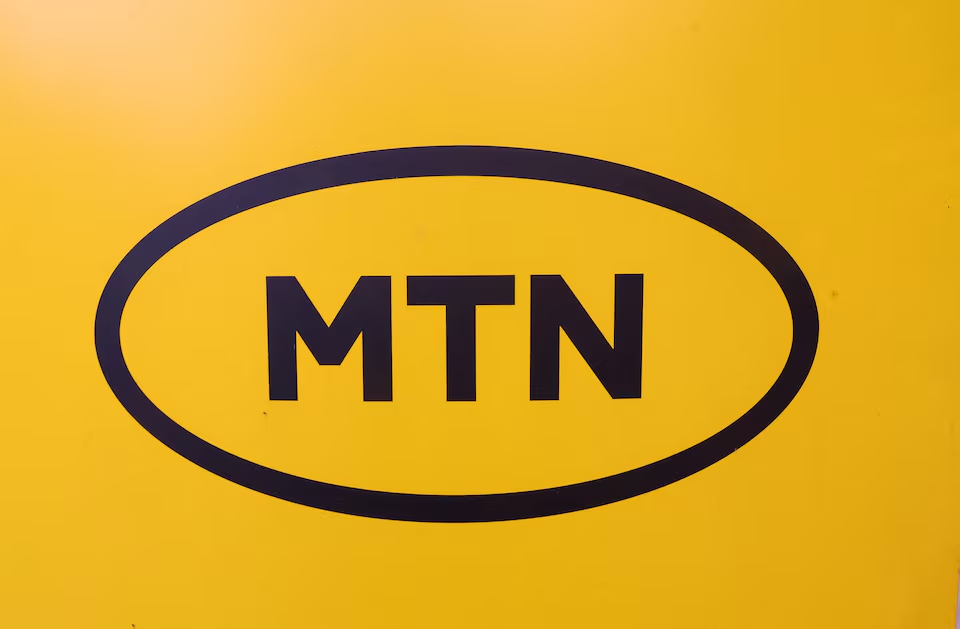What causes call drops, and why can’t my service provider do something about it?
The causes of call drops are varied. Some may be linked to your subscription status, your handset or the service provider.
Your call may drop without warning when you run out of credit.
Some promotions that customers subscribe to have maximum call duration and when the limit is reached the call will drop. Network problems that occur during the call, such as, cable cuts and system failures can cause your calls to drop.
If you are, or the person you’re talking to is in motion the call may drop when you are in an area with low signal. That may also depend on the quality of your handset. Fake phones are more prone to having calls dropped.
Signals are usually lower indoors, behind concrete walls compared to glass, high-rise building, trees and inside elevators or basements. When your phone has low battery, its antenna power reduces and so lowers its ability to get a good signal from the network and may lead to call drops.
There are specific places where my calls always drop; why?
The type of cell site (3G or 2G) and the phone selection mode may account for this if you’re in motion. For example if your phone is set to 3G only, when you move into an area where there is no 3G coverage your call will drop.
It may be due to coverage holes or a weak signal in the network especially when travelling between remote towns.
It could also be due to interference with other frequencies in the same area or an obstacle between you and the cell site; eg. concrete wall, trees, etc.
Sometimes you call a phone which is right next to you and it’s on, but you get a message that the phone is off. How is that possible?
This could be due to the phone’s reception sensitivity because the antenna power of phones differ. It could be as a result of congestion on the network’s cell site, ie. more people may be making calls than the cell can accommodate at that particular moment. This would require that you try your call again to gain access. You must understand that although the two phones are next to each other, the calls are routed through cell sites and not directly from one phone to the other.
Also, the phone may have a software bug that puts it into idle mode, and so has to be restarted. A sim card fault or poor handset quality may also be to blame.
Recently, I travelled to London for a few days. I returned to find a huge bill waiting for me. There’s an agreed limit beyond which my network should disconnect me but they didn’t. Why was my bill so high in such a short time? And why didn’t they disconnect me?
First, roaming tariffs are much higher than local tariffs. On top of that, you’re charged for each call you receive while roaming. When you’re in Ghana, you’re only charged when you make a call. GPRS is also more expensive when roaming because there are a lot more international charges than in the local scenario. This applies to voice calls and SMS as well.
Second, whereas prepaid customers are disconnected when they reach their credit limit,
postpaid users may have an allowance on their credit limit because their call rating and charging is usually not real time and therefore they may go beyond their allocated credit before the rating is done.
Third, the update and reconciliation between the local network and the international operator (or roaming partner) is usually not instantaneous. Therefore it’s possible for you to continue making calls until the roaming partner network receives an update to bar you from making and receiving further calls.
Fourth, the operator in the foreign country may have a configuration in their roaming setup that does not bar you from making and receiving calls even after receiving an update from your home network. This would allow calls and SMS to continue to pass through their network.
This particular complaint is common all over the world. The advice is that if you do not want to have what is now known universally as “bill shock” then you should consider switching to a local sim when you travel. If you remain on your local sim, you may choose to switch off your roaming data service and use local wi-fi services where you’re visiting. Remember that your handset, if it’s a smartphone, can pick up data and active mobile applications may automatically be updating on their own without your active instruction or intervention. Roaming is convenient but it carries added costs. You should discuss this further with your operator.
A couple of weeks ago, I was unable to access my network for almost four hours. What on earth could be the reason for this?
This could be due to a network problem including cable cuts or theft, network outages in your location, or your cell site going off. It could also be due to a phone or sim fault.. It is not in the operators’interest that subscribers do not have acces to their network or have hustle free calls and data sessions otherwise they won’t generate any revenue to even meet their costs.
Why are there so many breaks when I try to download from YouTube? It is so annoying!
Your internet connection depends on a lot of factors. This particular problem could be related to the remote server that is hosting the YouTube content. Depending on the number of users on the platform at that time you may experience congestion. The internet traffic is carried by under-sea cables; any faults with these cables can result in this situation.
The capability of your phone or device, such as its memory size or processing speed is also a determinant.
Downloads are much faster and smoother on 3G networks than on 2G networks because the bandwidth is bigger on 3G. If your phone doesn’t support 3G then your download may have breaks. If you move from a 3G to a 2G location during the download, you may also experience breaks.
The number of data users in a particular area at a particular time can affect the download speed and introduce breaks in the download since the site may be congested. It’s not very different from the number of vehicles on a highway. If it’s congested, movement will be slow.
I bought an iPhone two months ago from a street vendor in Accra. It gets very hot when I take a call; and already the battery lasts only for a few hours. Why?
The quality of such devices purchased from street vendors cannot be guaranteed; the components tend to be substandard. Most likely, it’s not a genuine iPhone. You may dial:
*#06#. an IMEI (International Mobile Equipment Identity) number will immediately appear on the screen. This is a unique number for genuine handsets. In addition you can verify the proof of payment or warranty of your phone. A fake phone costs less to buy, but it,will give you poorer quality of experience and will lead to more frequent visits to the repairer for the replacement or repair of battery, housing, screen, etc. . In the long run, it will cost you more.
Sometimes when I call someone I hear other voices on the line. What explains this?
This is most likely due to a cross connection due to an error in configuration. You should always inform your operator about it with information on the number you called, time and your location. This can help them trace and fix the problem. Some problems, such as this, may not necessarily come to the notice of your network operator unless you call their attention to it.
END.




